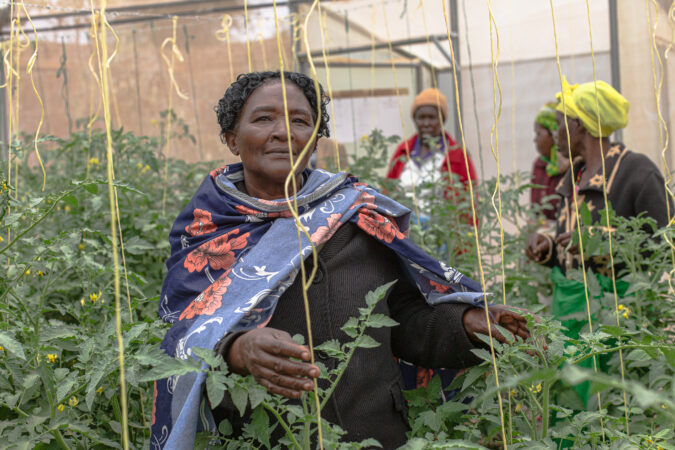Our experience in humanitarian support in Somalia and South Sudan, allows us to expand our help and assist Kenya’s growth. In April 2018 we started our work in south-western Kenya in Machakos, Makueni and Kitui counties. To ensure complexity of work, our project corresponds to water accessibility, hygiene promotion, countering the negative climate changes, agriculture entrepreneurship, and production growth.
In collaboration with local specialists, we implement new methods of collecting and treating water, though building sand barriers, shallow water wells and water tanks in schools. These solutions allow for better utilization and storage of water supplies.
We organize various trainings in project management, leadership, administration, and farming for local agricultural cooperatives. They bring together the most entrepreneurial farmers. Cooperatives are responsible i.a. for managing local water and agricultural production investments. Their members are role models to others living in the village, which contributes to improving livelihood quality of all the people.
We organize training courses in Disaster Risk Reduction (DRR) for local administrators. The knowledge this course entails can help them to react faster, create action plans and implement solutions to protect environment and prepare local communities for future crises.







